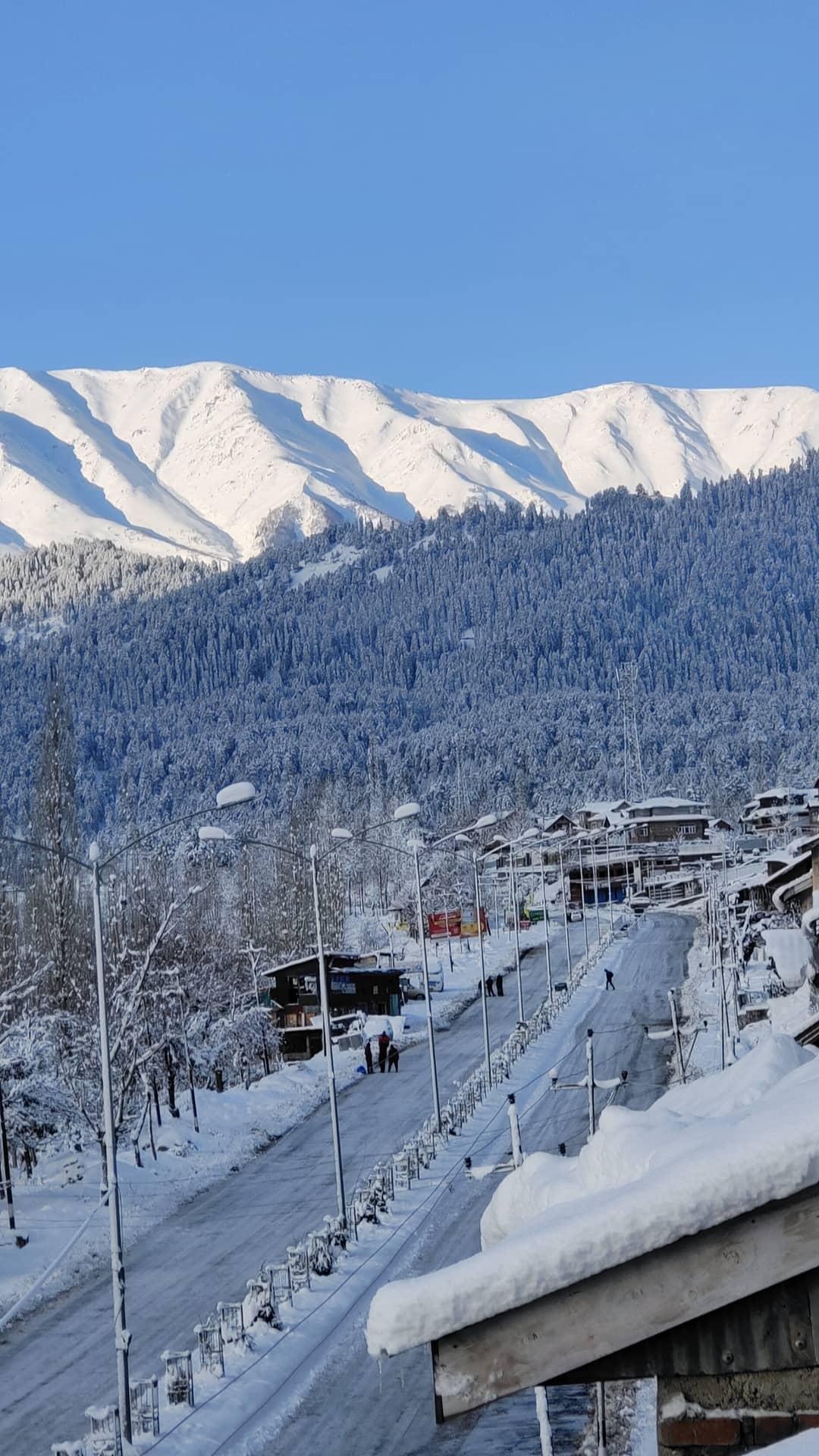
As winter blankets much of the Northern Hemisphere in a pristine layer of snow, the picturesque region of Kashmir is experiencing an unusual phenomenon – a winter without its signature snowfall. This departure from the norm has set off alarm bells among residents and experts alike, prompting a closer look at the potential implications of this rare occurrence.
The Rarity of a Snowless Kashmir Winter Kashmir, known for its stunning landscapes adorned with snow-covered mountains and pristine valleys, is facing a winter like no other. The absence of the customary snowfall has left locals and observers questioning the reasons behind this deviation from the seasonal norm. While snowless winters are not unheard of, their occurrence in a region synonymous with winter wonderlands is certainly a cause for concern.
Possible Causes: Several factors may contribute to the unprecedented lack of snow in Kashmir this winter. Climate change is a primary suspect, as global warming continues to alter weather patterns worldwide. Changes in temperature and atmospheric conditions may be influencing the region's traditional winter weather, leading to this unexpected deviation.
Environmental Impact The repercussions of a snowless winter extend beyond the aesthetic beauty of the landscape. Kashmir's ecosystem relies on the seasonal snowfall for various ecological processes, including replenishing water sources, maintaining soil health, and sustaining local flora and fauna. The absence of snow may disrupt these delicate ecological balances, potentially leading to long-term consequences for the region's biodiversity.
Impact on Agriculture and Water Resources: Agriculture, a vital sector in Kashmir, is heavily dependent on the winter snow. The gradual melting of snow during spring provides a steady water supply for crops. The lack of snowfall may jeopardize agricultural productivity, affecting the livelihoods of many in the region. Additionally, reduced snowmelt could lead to water scarcity, impacting both agricultural and domestic water needs.
Community Concerns: Beyond environmental and agricultural concerns, the absence of snow has social and economic implications for the people of Kashmir. Winter tourism, a significant source of income for the region, is likely to be impacted, affecting businesses and livelihoods that depend on the influx of visitors seeking the charm of a snow-covered Kashmir.
Conclusion: Kashmir's rare snowless winter is more than just a departure from the norm; it signals potential challenges for the region's environment, agriculture, and economy. As the world grapples with the consequences of climate change, this occurrence serves as a stark reminder of the need for proactive measures to mitigate its impact. It is crucial for both local and global communities to address the root causes and work towards sustainable solutions to safeguard the unique and fragile ecosystems that make places like Kashmir truly exceptional. Countryside Kashmir